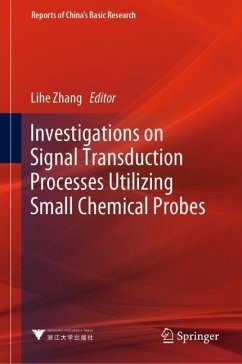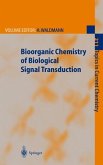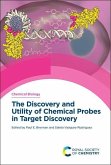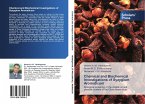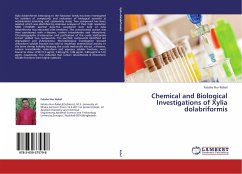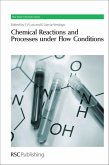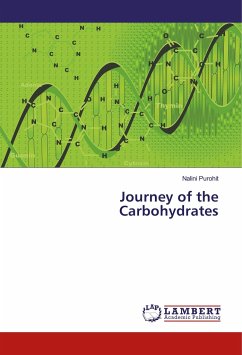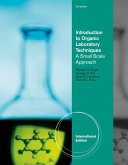This book presents a major research program investigating signal transduction processes utilizing small molecule compound probes. The program was launched by the National Natural Science Foundation of China during the 11th Five-Year Plan period, which was started in October 2008 and concluded at the end of 2016. It first summarizes the overall scientific objectives and the current situation of signal transduction research in China and the international frontier. Based on the new method and technologies achieved in small molecule compound probes, this book illustrates key molecular events in signal transduction processes in living systems and reveals the regulation of signal transduction. This helps to explore new ideas and strategies for the diagnosis and prevention of serious diseases. In addition, via interdisciplinary cooperation of biology and chemistry, this book solves some key scientific problems in biology and promotes recent developments in these fields. These areas include the generation of small molecule compound probes for studying signal transduction and development of detecting methods for gathering information of biomacromolecule activities. Given its scope, the book is of interest to researchers who work in organic chemistry, natural product chemistry, medicinal chemistry, analytical chemistry and physical chemistry. It also promotes the multidisciplinary collaboration among chemistry, medicine, materials science and biology

